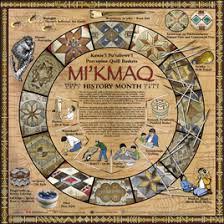History books for the fall, part 1: UT Press

The University of Toronto Press Fall-Winter Catalogue list some intriguing new works in Canadian history. Carl Benn presents A Mohawk Memoir from the War of 1812 , based on the 1815-16 memoir of Teyoninhokarawen, or John Norton, who participated in most of the major and many minor engagements of the Upper Canadian War of 1812. (November) Peter Price offers Questions of Order: Confederation and the Making of Modern Canada , which from the description emphasizes how confederation changed ideas of the British Empire and Canada's place in it. (November) Jim Phillips, Philip Girard and Blake Brown are bringing out the first volume of their ambitious History of Law in Canada . This one is Beginnings to 1866 (October) Legal historian Robert Sharpe moonlights as a judge of the Ontario Court of Appeal, and his new book Good Judgment: Making Judicial Decisions (October) is an inside look at how judges judge. Tyler Wentzall's Not For King and Country is a biography of Edward C...








